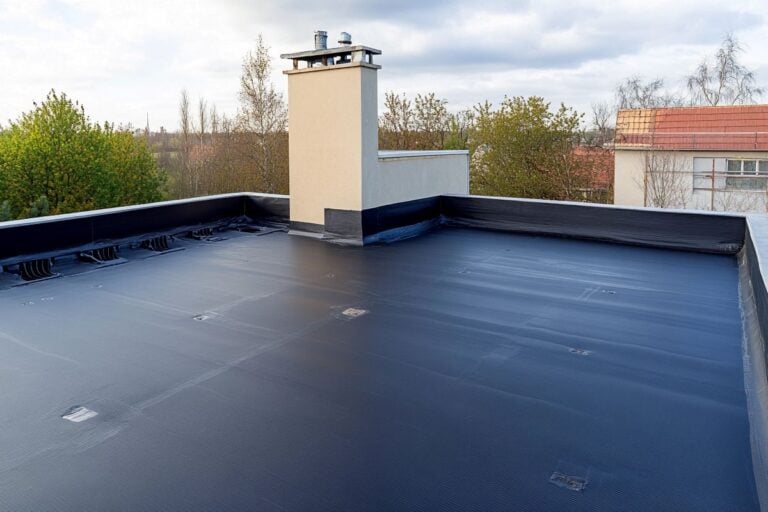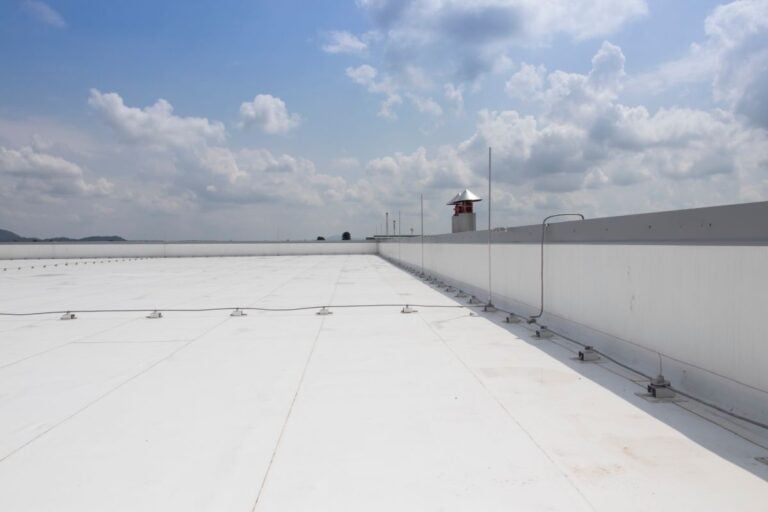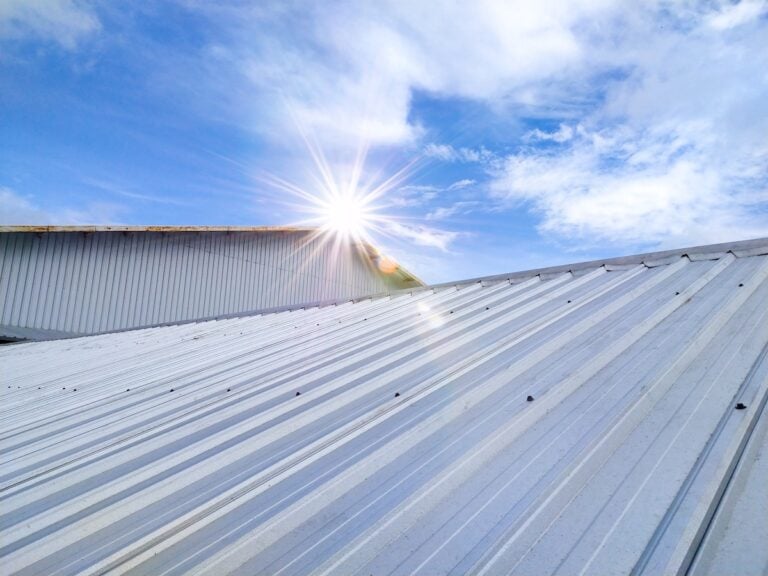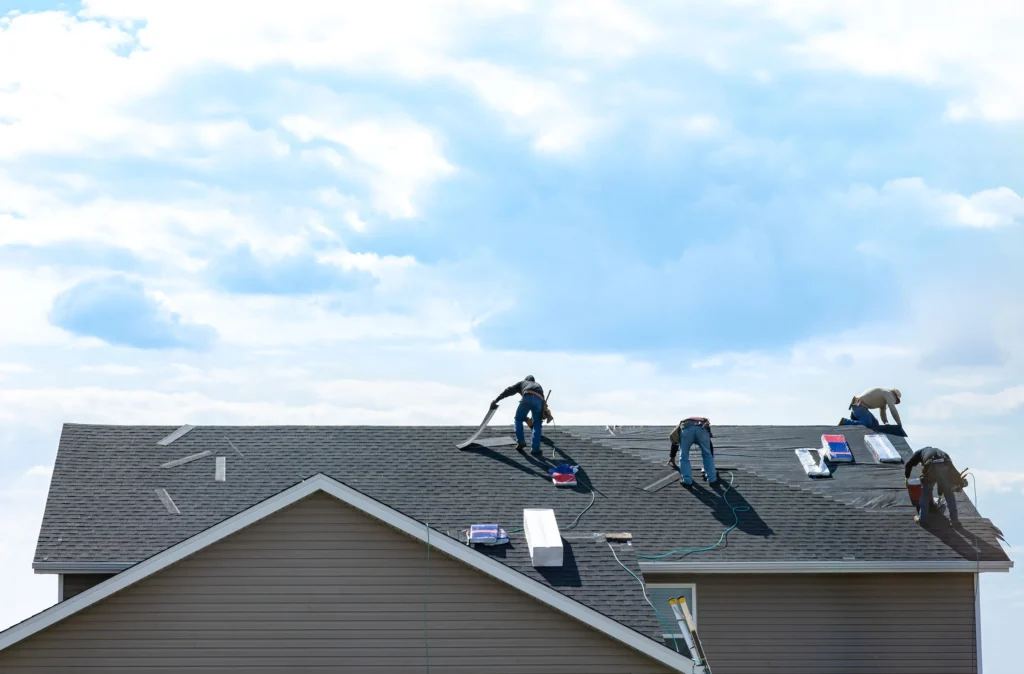What Happens During a Commercial Roof Inspection?
A commercial roof inspection is one of the most important steps property owners can take to ensure long-term performance, safety, and cost savings. Regular inspections help identify small issues before they become major problems, protect tenants and equipment, and extend the lifespan of the roof. At Capstone Roofing, we take a thorough, step-by-step approach to make sure every commercial roofing system is in the best possible condition.
- Prevention: Inspections catch problems early before they require costly repairs.
- Safety: Ensuring the roof’s structure is sound protects employees, tenants, and property.
- Longevity: A well-maintained roof performs better and lasts longer.
Why Regular Roof Inspections Matter
Commercial properties often have large, complex roof systems that face heavy wear and tear. Weather, foot traffic from maintenance crews, and natural aging all contribute to potential issues. Without regular inspections, these problems can go unnoticed until they cause leaks, structural damage, or expensive repairs.
Routine inspections also ensure compliance with manufacturer warranties. Many roofing material warranties require proof of consistent maintenance, including professional inspections. By keeping records, property owners protect their investment and maintain eligibility for future coverage if repairs or replacements are needed.
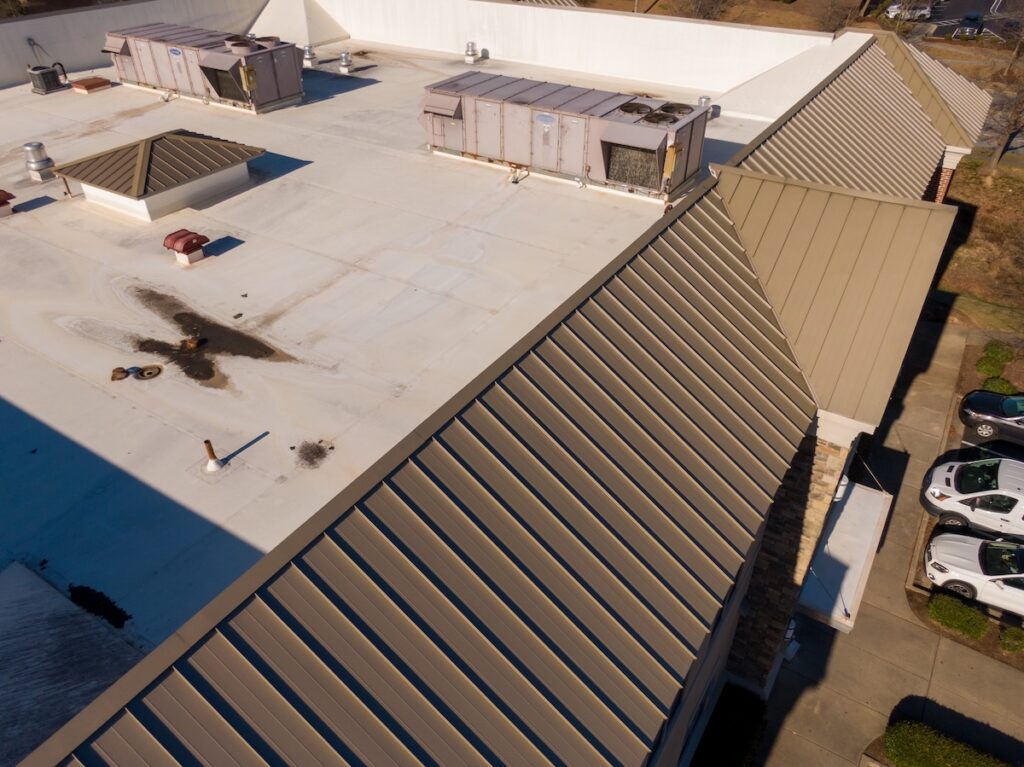
6 Step Breakdown of a Commercial Roof Inspection
Every roofing contractor has their own approach, but a professional inspection generally follows a proven process. At Capstone Roofing, our commercial roof inspection is designed to evaluate the entire roofing system from surface materials to underlying structures. Here is what business owners can expect:
- Initial Consultation and Review:
- Documentation: We start by reviewing building records, previous repair logs, and warranty details.
- Communication: Property owners share concerns such as leaks, high energy bills, or visible wear.
- Planning: Our team determines which areas require extra attention based on the roof’s history.
- Exterior Building Check:
- Drainage systems: Inspecting gutters, downspouts, and drains for blockages.
- Perimeter walls: Checking flashing and seals around edges for gaps.
- Rooftop structures: Examining HVAC units, vents, and skylights for signs of leaks.
- Surface Inspection:
- Membrane or material condition: Identifying cracks, punctures, or blistering.
- Seams and joints: Ensuring no separations or weaknesses exist.
- Ponding water: Looking for standing water that may lead to structural damage.
- Interior Building Evaluation:
- Ceiling stains: Checking for water intrusion inside the property.
- Insulation: Ensuring insulation remains dry and effective.
- Odors or mold: Identifying early signs of hidden roof leaks.
- Structural and Safety Assessment:
- Load-bearing areas: Verifying that the roof can support HVAC systems and foot traffic.
- Decking condition: Ensuring there are no signs of sagging or rot.
- Safety hazards: Flagging loose panels, unstable walkways, or unsecured equipment.
- Detailed Report and Recommendations:
- Documentation: Photos, notes, and condition ratings are compiled into a clear report.
- Repair suggestions: Outlining immediate fixes as well as long-term maintenance plans.
- Budget guidance: Helping property owners plan for costs and timelines.
Common Issues Found During Inspections
Even well-installed roofs are vulnerable to wear over time. Commercial roof inspections often uncover problems that are simple to fix when caught early but can lead to costly repairs if ignored.
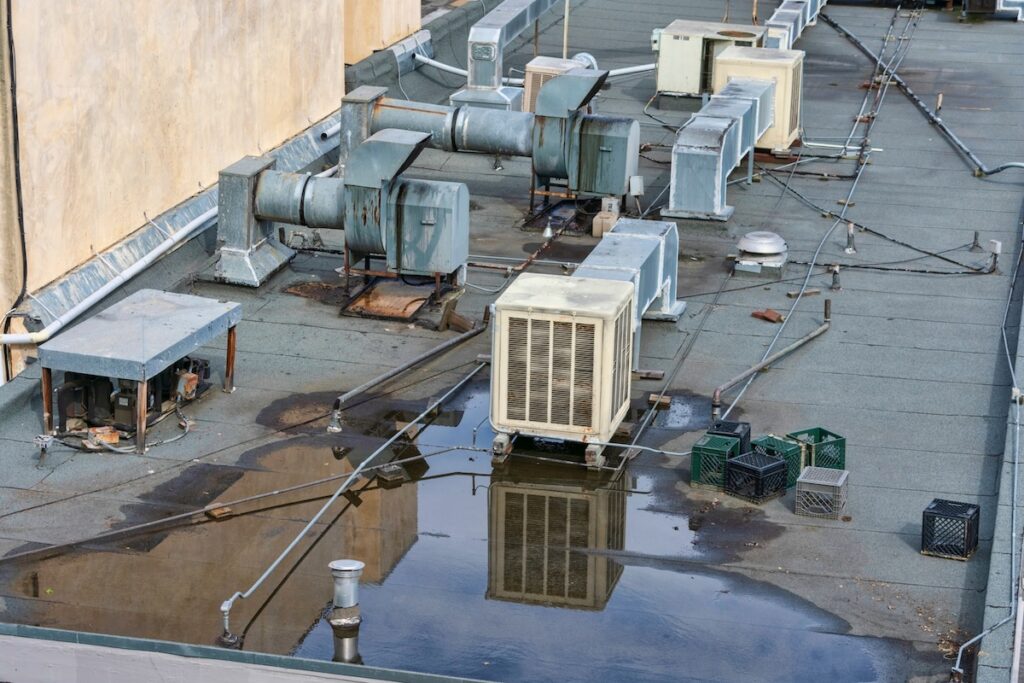
- Punctures: Small holes from debris or foot traffic can let in water.
- Blistering: Air or moisture trapped beneath the membrane weakens roofing layers.
- Poor drainage: Blocked drains or improper slope leads to ponding water.
- Damaged flashing: Cracked or loose flashing allows water to penetrate seams.
- UV damage: Prolonged sun exposure causes materials to dry out and degrade.
How Often Should a Commercial Roof Be Inspected?
Most roofing professionals recommend scheduling at least two inspections per year — once in the spring and once in the fall. This is especially true for flat roofs and low-pitched roofs, which are more susceptible to water ponding from seasonal changes. Inspecting twice annually ensures potential problems are addressed before major weather events.
In addition, inspections should always be scheduled after significant storms, hail events, or high winds. These conditions can cause immediate but hidden damage that only becomes visible once leaks or structural problems appear. A proactive approach saves money and reduces risk.
The Benefits of Professional Roof Inspections
Partnering with a trusted contractor like Capstone Roofing brings value that goes beyond identifying leaks or damage. A professional inspection provides:
- Expertise: Experienced roofers recognize issues that may go unnoticed by untrained eyes.
- Safety: Climbing onto a commercial roof without training or equipment can be dangerous.
- Accurate reporting: A clear inspection record supports insurance claims and warranty coverage.
- Strategic planning: Long-term maintenance plans protect a property owner’s budget.
How Inspections Save Money Over Time
It is natural for property owners to view inspections as another expense, but the long-term savings are significant. A small repair identified during an inspection may cost only a fraction of the price of a major leak cleanup. Additionally, routine care extends the lifespan of the roof, delaying the need for costly replacements.
All types of commercial roofs represent a large investment, often costing thousands or even millions of dollars, depending on building size. Protecting that investment with affordable, routine inspections is one of the smartest financial decisions a business can make.
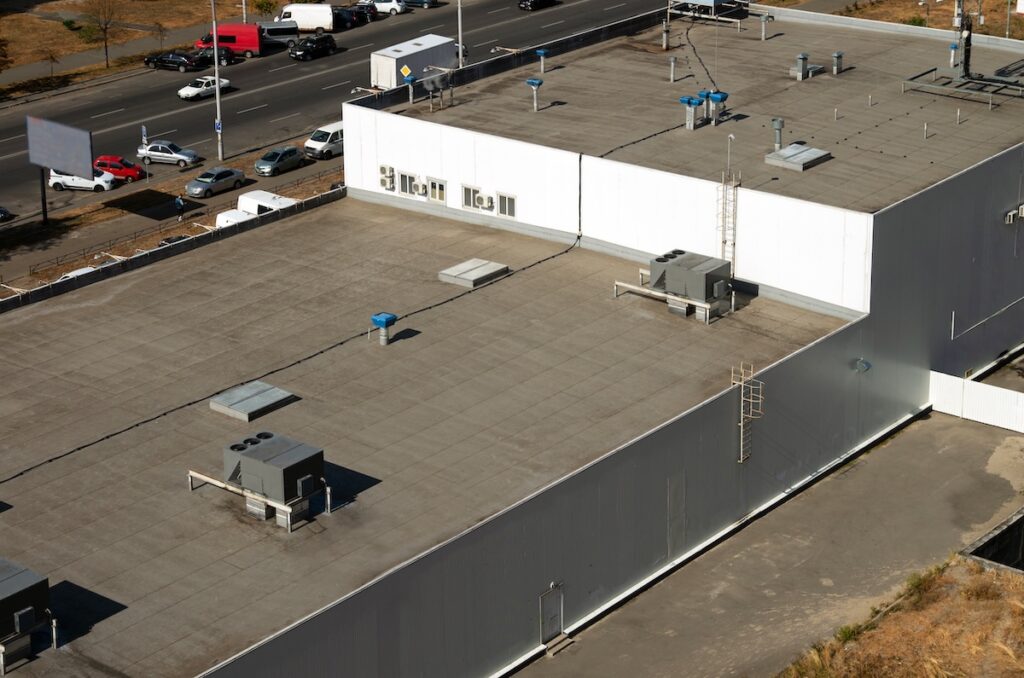
Preparing for a Commercial Roof Inspection
Property managers and owners can help maximize the effectiveness of inspections by preparing ahead of time. Clearing roof access points, sharing repair records, and reporting any observed leaks ensures inspectors have the information needed to provide the most accurate assessment.
Working with a contractor who provides transparent reporting is equally important. At Capstone Roofing, we include photos, detailed notes, and step-by-step explanations in our reports so property owners feel confident about the results.
Trust Capstone Roofing for Professional Roof Inspections
A commercial roof inspection is an essential part of protecting a property investment. From identifying hidden leaks to ensuring long-term performance, inspections give property owners peace of mind and financial protection. At Capstone Roofing, we take pride in offering thorough, professional inspections that provide clear answers and reliable solutions. Contact our team today to schedule a commercial roof inspection and keep your building safe, efficient, and secure for years to come.

